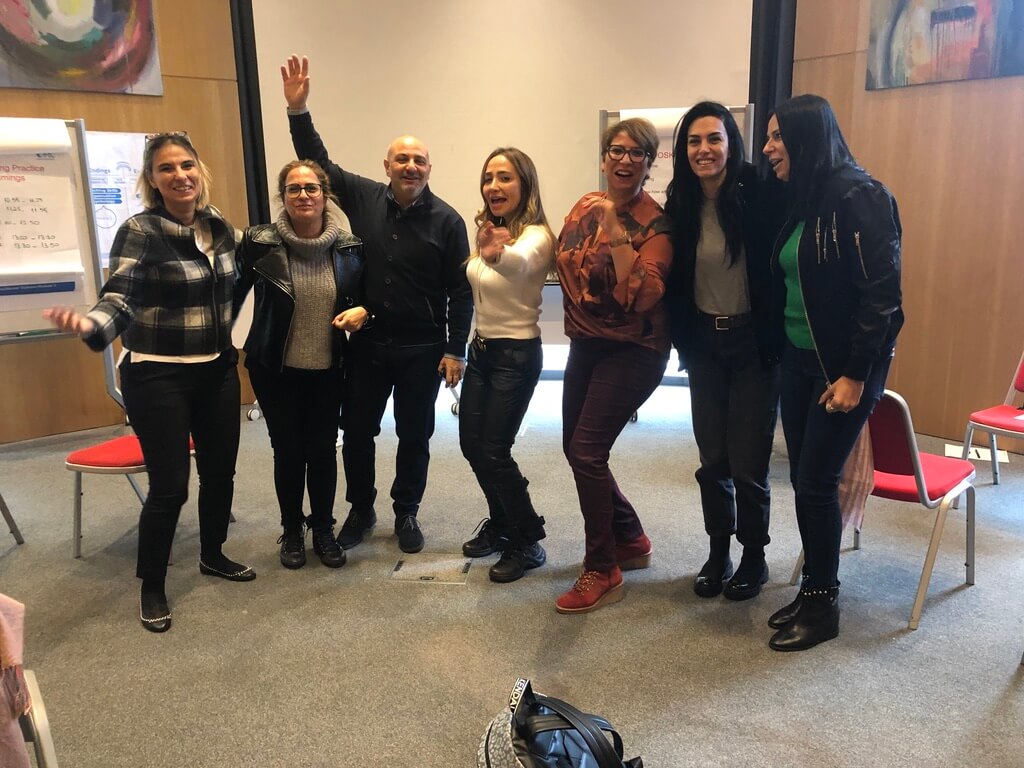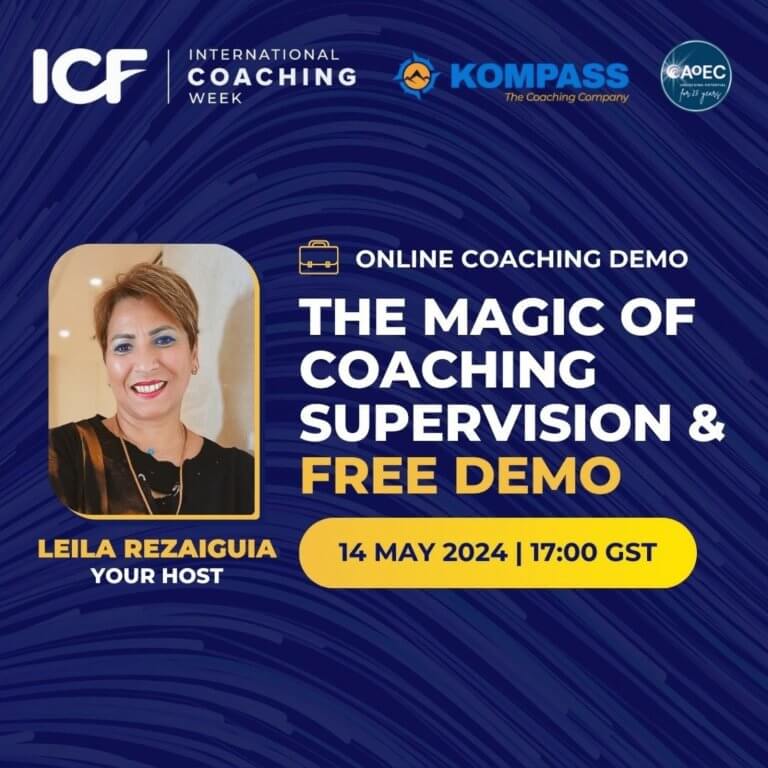Executive coaching is a professional development process in which a highly trained, accredited and certified executive coach helps individuals or teams in leadership positions to identify and pursue their goals, improve their skills, and achieve their full potential. This can be an invaluable tool for professionals looking to advance their careers or organizations seeking to improve their performance.
If you are considering executive coaching training, you may be wondering where to start. This article will guide you through the process of finding and starting an executive coaching training program that is right for you.
Understanding your goals
Before you start looking for an executive coaching training program, it is important to understand what you hope to achieve through coaching. Take some time to assess your current skills and areas for improvement, and consider what specific, measurable goals you want to set for yourself or your team.
For example, if you are an executive looking to improve your communication skills, you might set the goal of learning specific techniques for active listening and giving constructive feedback. Or if you are a team leader looking to increase team productivity, you might set the goal of learning how to facilitate more effective meetings or manage conflicts more effectively.
Researching different training options
There are many different types of executive coaching training programs available, including online courses, in-person workshops, group coaching, and individual coaching. Some programs offer certification or accreditation, which can be a useful indicator of the quality and rigor of the training.
When researching different training options, consider the reputation and experience of the training provider. Look for programs that have a proven track record of success and positive reviews from past participants.
Evaluating the fit of a training program
Once you have identified a few potential training programs, consider how well they fit your learning style and schedule. Do you prefer self-paced online courses, in-person or live virtual workshops? Do you have the time and resources to commit to a long-term coaching program, or do you need a more flexible solution?
Also, consider the quality of training and the resources provided by the program. Are the trainers experienced and qualified? Do the course materials seem engaging and useful?
Considering your budget
Executive coaching training can vary significantly in cost, depending on the type of program and the level of support and resources provided. It is important to identify your budget for executive coaching training and to be aware of what costs are included in different programs.
For example, some programs may include materials, mentor coaching and assessments in the cost of the program, while others may charge additional fees for these services. Evaluate the value of different training options in relation to your budget, and consider whether the investment is worth it for the benefits you hope to receive.
Finding a coach
A good coach-client fit is essential for a successful coaching experience. When looking for a coach, consider getting referrals from colleagues or industry professionals who have worked with coaches in the past. You can also search online profiles or websites of coaches to learn more about their experience and approach.
Consider scheduling a consultation call with potential coaches to discuss your goals and see if you feel comfortable working with them. Trust your instincts – if you don’t feel a good connection with a coach, they may not be the right fit for you.
Making the most of your training
Once you have found a training program and coach that are right for you, it is important to set aside dedicated time for learning and practice. This may involve completing coursework, participating in coaching sessions, and applying what you have learned in your professional and personal life.
Seeking feedback and support from your coach and peers can also help to maximize the value of your training. Your coach will be with you during the journey and will support you to achieve your goals. Consider also engaging with a community of fellow coaches can provide additional perspectives and insights.
Finally, be sure to incorporate what you learn from your executive coaching training into your professional and personal life. This may involve applying new skills and techniques in your daily work, or making changes to your communication or leadership style.
By actively applying what you have learned, you can continue to grow and develop as a leader.
In conclusion, finding an executive coaching training requires careful consideration of your goals, budget, and personal fit. By understanding what you hope to achieve through coaching, researching different training options, evaluating the fit of a program, and finding a coach that is right for you, you can set yourself up for success in your executive coaching journey.
Remember to set aside dedicated time for learning and practice, seek feedback and support from your coach and peers, and incorporate what you learn into your professional and personal life.
With the right training and commitment, you can achieve your full potential as a leader and drive positive change.







